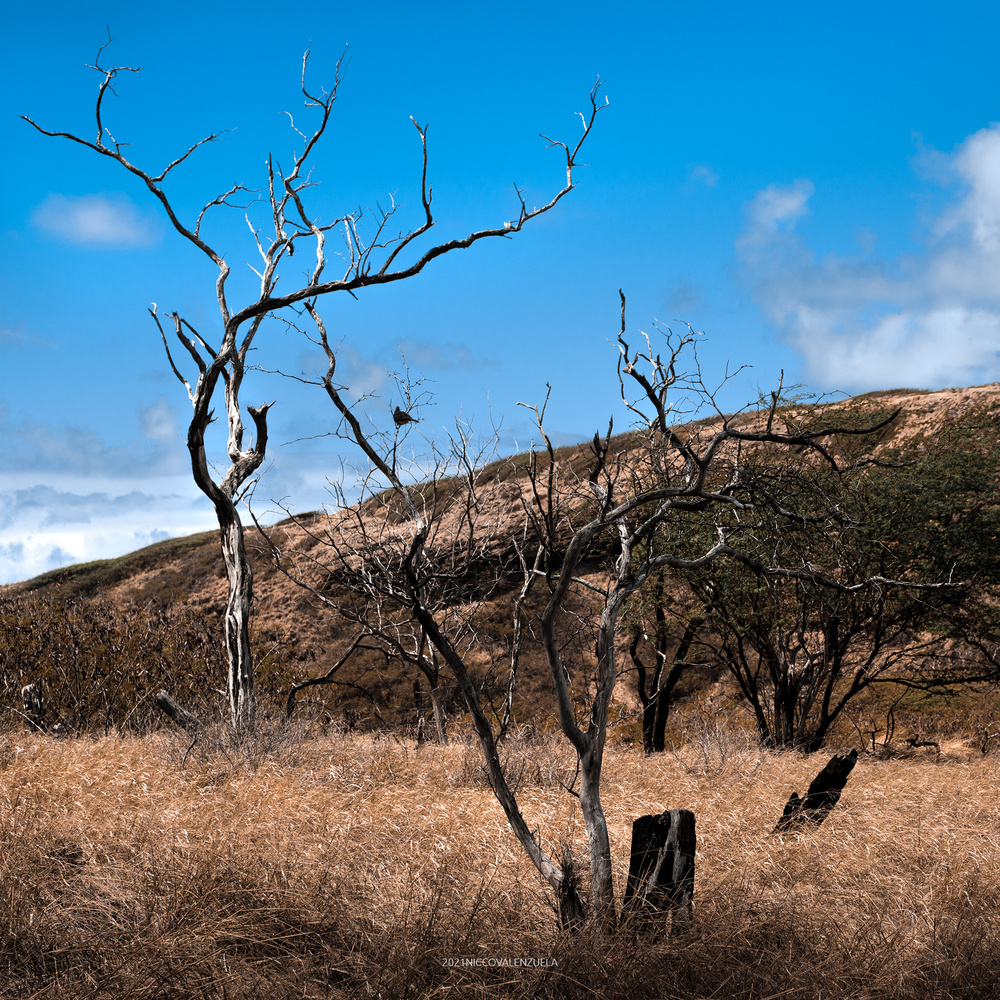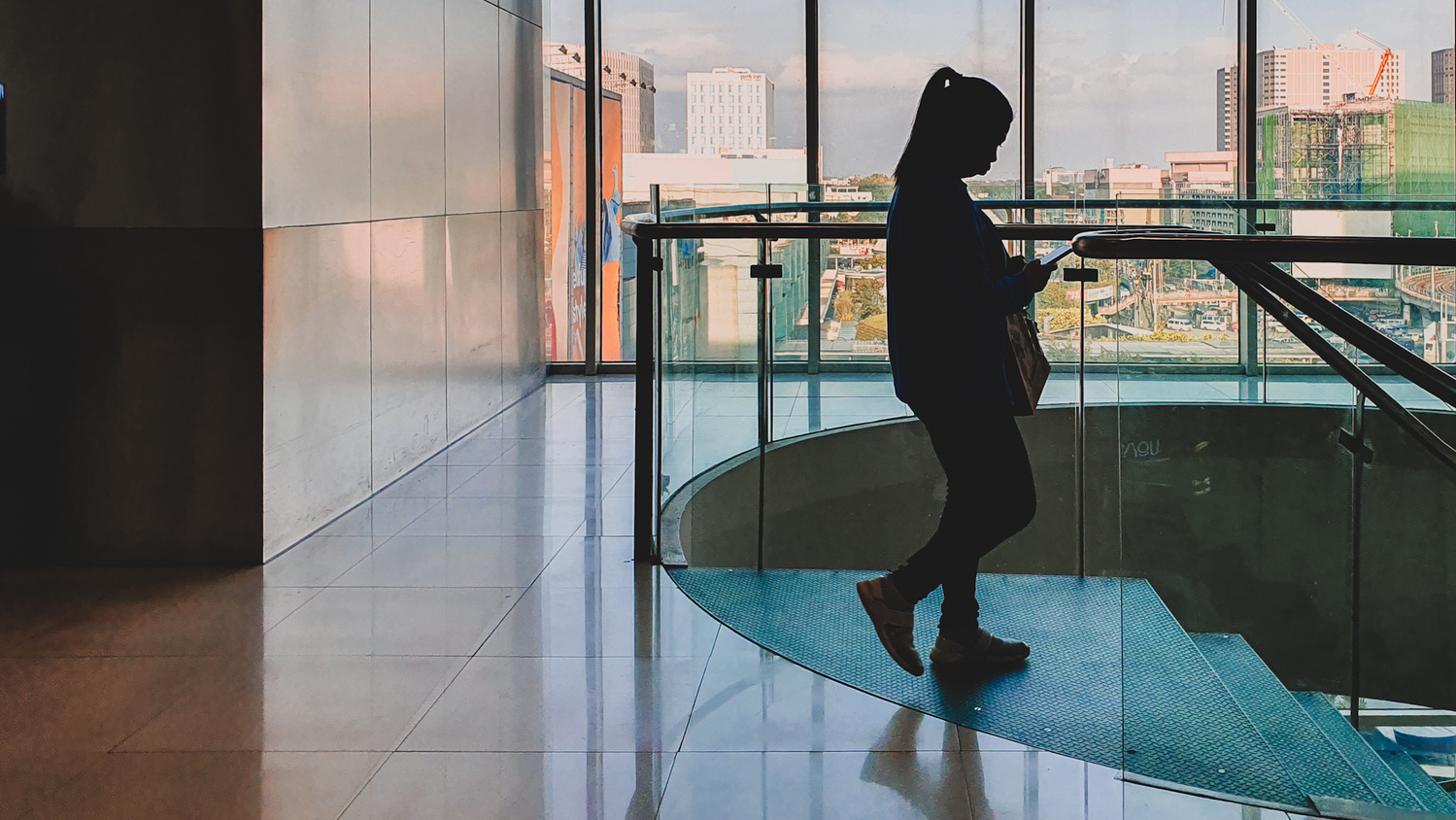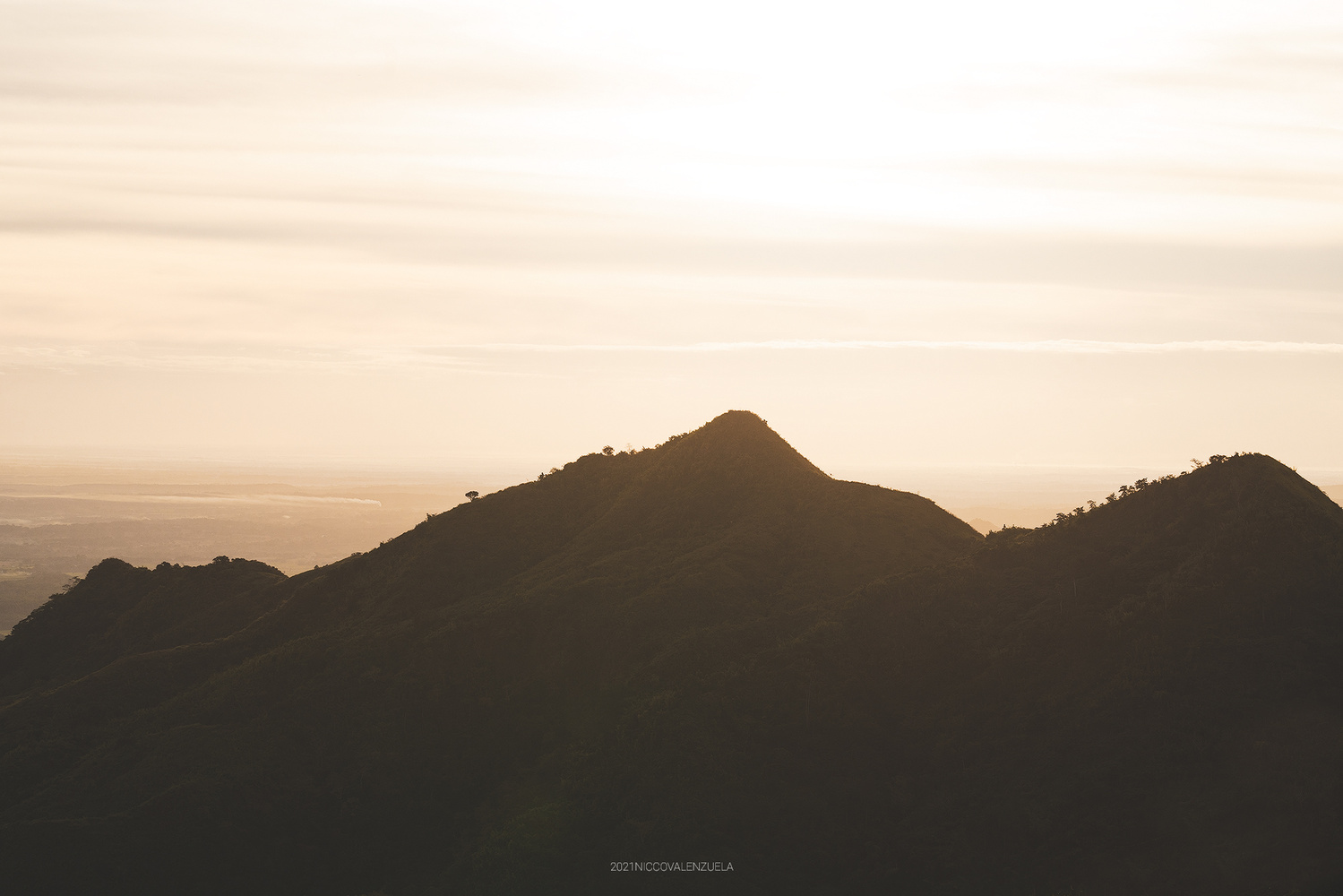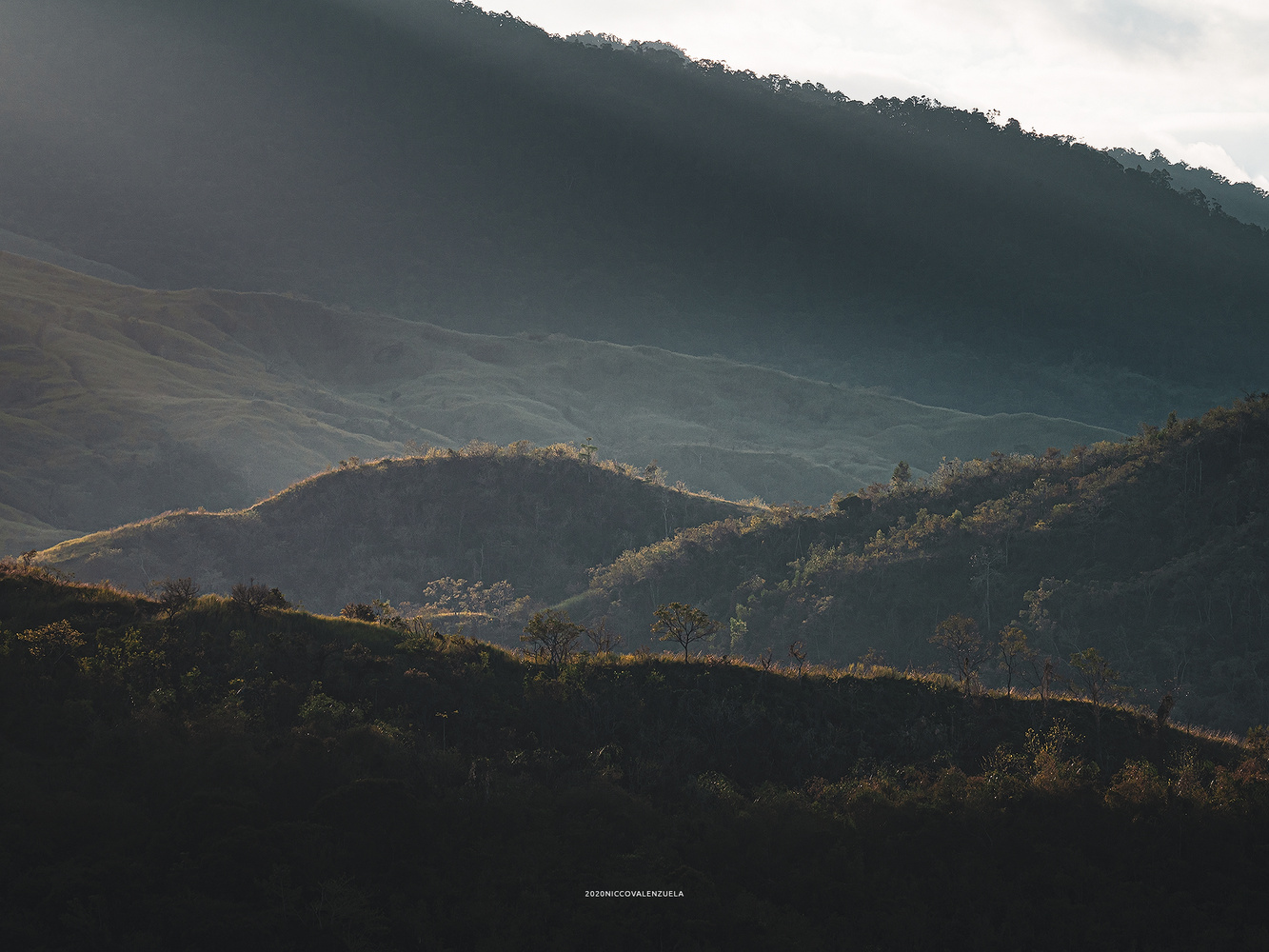Have you ever felt stuck as a creative? Have you experienced being out of ideas when you badly needed them?
A creative rut is a transient experience of being blank out of creative ideas. This is also commonly known as a creative block and often interchanged with burnout or exhaustion. However, the experience may vary from one person to another and the root causes are also individualized. While there is no absolute cure, there are various self remedies that you can do to better identify, label, and deal with the problem.
1. Burnout or Uninspired
While both can ultimately lead to a terrible case of a creative rut, being able to identify the root of the problem is quite important. Being burnt out comes with a feeling of exhaustion that can either be physical or psychological in nature. Burnout often happens when you have been doing consecutive projects or seemingly endless repetitions of similar tasks.
Being uninspired does not necessarily mean being burnt out. In fact, even a well-rested person can feel uninspired sometimes. The lack of inspiration may seem very trivial for most, but we all know that the best projects that end up being meaningful to us and our audiences are the ones that begin with strong sources of inspiration.

Obviously, being burnt out would better be dealt with by taking time to rest and relax. This can either mean an absolute physical rest and sleep, or activities that will help you shed off some of the stress by taking your mind off of the usual routines. Being uninspired can, of course, only be cured by seeking inspiration. It is important to understand the cycles of your psychology and most of the time our creativity is governed by an in-and-out cycle wherein we begin by taking in inspiration to later on turn it into something tangible.
2. Pressure or (Reverse) Procrastinating?
The two concepts may seem totally different and unrelated. However, if you took time to ask yourself if you are in a hurry, then it might clear things out for you. Sometimes, working under so much pressure can make our minds cluttered so much that it would be harder to clearly think of concepts and plan out the steps on how to make them happen. Facing a lot of pressure can cause us to panic, which can lead to some physical manifestations that will ultimately make us even more distracted. Dealing with pressure often requires planning out specific steps and dissecting the creative process into smaller tasks to be able to deal with each one of them in sequence.

Procrastination is that act of delaying a certain task up to the very last minute before the deadline. When a person has a lot of distractions from the task, it is very easy to find easier or more interesting things to do instead of working on it right away. However, reverse procrastination is the exact opposite. This is the act of working with haste (or at least trying to) to finish all your tasks as early as possible to be able to free up your schedule for rest or other projects. While reverse procrastination can be a good way to get things done and have control of your time, there are instances when things can not be forced, and it is necessary to forgive yourself for taking a bit of time off to rest and relax. If you are reverse procrastinating, this means you have a bit of time to spare, and it might be more productive to use that time to recover first.
3. Always Listen to Your Body
When you are tired, your body always shows signs of asking for some rest. These signs can be as trivial as muscle pains, headaches, or even dosing off while you are working. When you are extremely passionate with ideas, it can actually override the exhaustion of the body to push you for a few more tasks. However, when the body cannot take it anymore, it will begin to ask for a break. These signs will, of course, be sources of distraction one way or another. Your headache or muscle pain could ruin your focus, or worse, fatigue can totally hinder you from physical work. It is always better to listen to these calls from your body as early as possible because, as you ignore them, the calls for rest will be much louder until you have absolutely no choice. Resting early and periodically gives you the freedom to set the time. On the other hand, if your body reaches its limit, you might have to face issues that won’t be as easy to recover from, which will definitely take longer.
4. Oversaturation Kills Creativity

When tasks get repetitive and turn into a routine, they often help you become more consistent with the quality and efficiency of your work. However, this can reach a point wherein you get tired of doing the same thing over and over again and you end up getting bored. This point of boredom is a cue from your brain to mix things up a bit and try new things. The problem with a repetitive routine is that it can provide negative feedback on your initiative for new ideas and, later on, tell your creativity to tone down. It’s important to seek new ideas and challenge yourself from time to time. While the challenges may be intimidating, being able to get past them will inspire you to further get past your limits and overcome even more challenges that will require new creative solutions.
5. Go Back to Your Core Reasons
If you’re passionate enough about being a creative, whether a photographer, filmmaker, designer, content creator, or anything in between, you probably have a deeply rooted reason for it. This means that your passion for what you do is not a simple superficial reason such as money or fame, but instead your love for creating and your love for the creative process. It’s important to have such a deep love for what you do, especially when things get challenging because superficial reasons almost always fail us. These reasons are totally dependent on the rewards of the outcome and not the success of the process itself. If you do what you do because you love and enjoy the act of doing it instead of the secondary results, you will go back and keep doing and trying regardless of how much money the project made or how many people appreciated it.

Experiencing a creative rut is part of the game of being an artist. Your creativity comes from the fact that you are human who is naturally susceptible to exhaustion and emotions, which makes it entirely natural to be affected by them. It is important to identify the pieces of this vague puzzle to be able to begin identifying and labeling where it is rooted so that you can have a clear approach towards a solution.






I need to stop procrastinating for sure... But here I am scrolling the internet again
I like to pick camera settings and then see what I can come up with; for example: f/22 ~ 2 seconds ~ ISO 100 ~ 50mm and something with the color Orange.
Sure it's not an Epic photo, but it keeps me thinking and clicking the shutter.
Love this article Nicco, you make some great points. I definitely agree with oversaturation and when I'm feeling uninspired I love to do something that's totally different to my usual and that usually helps to get me out of a funk!